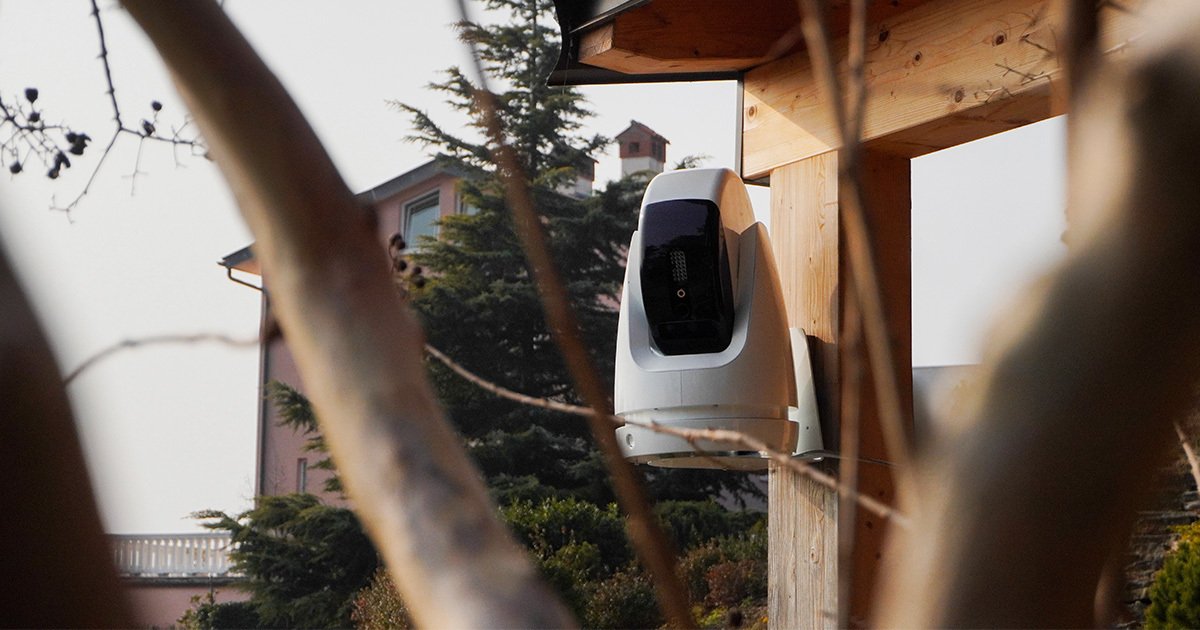Catholic Priest Sues Grindr After He Gets Caught Using It

“We want answers so we can use that as a warning to other Grindr users.”
Wherever You Are
A formerly high-ranking Catholic priest is suing Grindr for selling his data to vendors that, ultimately, released it to organizations that publicly outed him.
As the Washington Post reports, the saga of Jeffrey Burrill began in 2017, when the priest downloaded the gay hookup app under the assumption that his identity and data would be anonymous.
He learned that that wasn’t the case in July 2021, when a Catholic newsletter called The Pillar outed him after accessing location data from Grindr that suggested he visited gay bars.
Burrill was ultimately asked to resign from his administrative position at the US Conference of Catholic Bishops (USCCB) — a cautionary tale that illustrates bigger battles raging about about data privacy and the sexualities of priests.
Later allowed to resume ministry as a parochial administrator, Burrill is now suing Grindr in California’s Superior Court for selling the data that ultimately outed him — and to find out who, exactly, his information was sold to.
“We want answers so we can use that as a warning to other Grindr users,” explained Gregory Helmer, the priest’s attorney, in an interview with WaPo.
Who Bought Whom?
So far, only part of the puzzle that led to Burrill’s outing is known.
Helmer told WaPo that although he now knows that the Denver-based Catholic Laity and Clergy for Renewal (CLCR) nonprofit had acquired the Grindr data and given it to the US Conference of Catholic Bishops before he was asked to resign, it’s still unclear where that organization got the data from.
The president of the CLCR, Jayd Henricks, told WaPo that it had purchased the data to “assist their priests and seminarians in living their priestly vows. In an editorial for the Catholic journal First Things last year, Henricks said he’d bought the “publicly available” Grindr data in an “ordinary way,” but he still refuses to say which exact vendors were selling it.
In other words, the case — as with others related to data privacy and online dating — is about much more than just someone in the closet not reading the privacy policy.
While it’s already bad enough that Grindr — and any other app — sells individual data to vendors, the people who are on the brunt of such sales deserve to know who has their info, especially when it has such outsize repercussions.
More on Grindr: It Looks Like Grindr Has Blocked the Paris Olympic Village From Search











